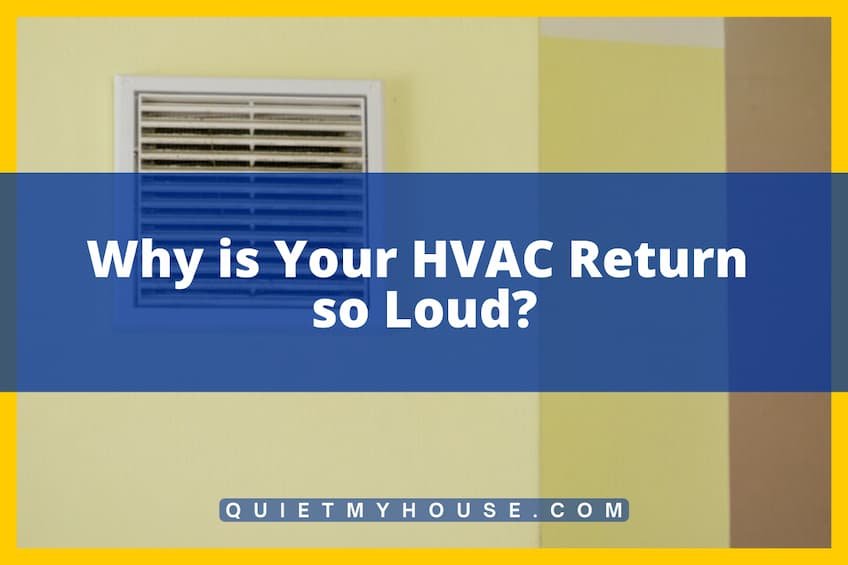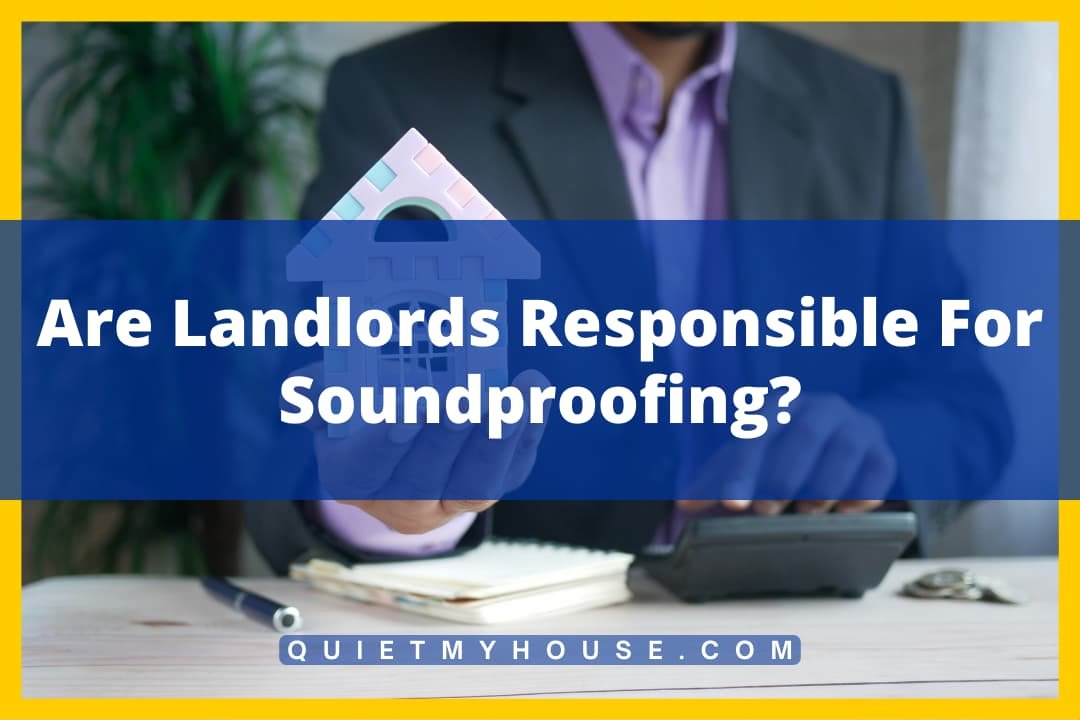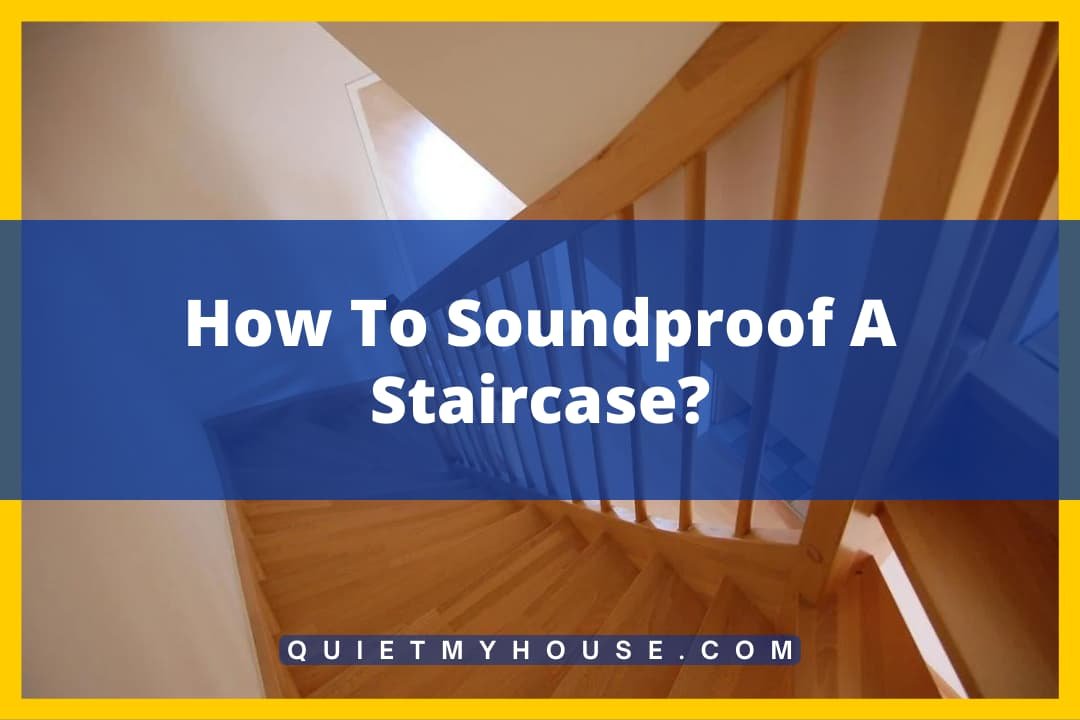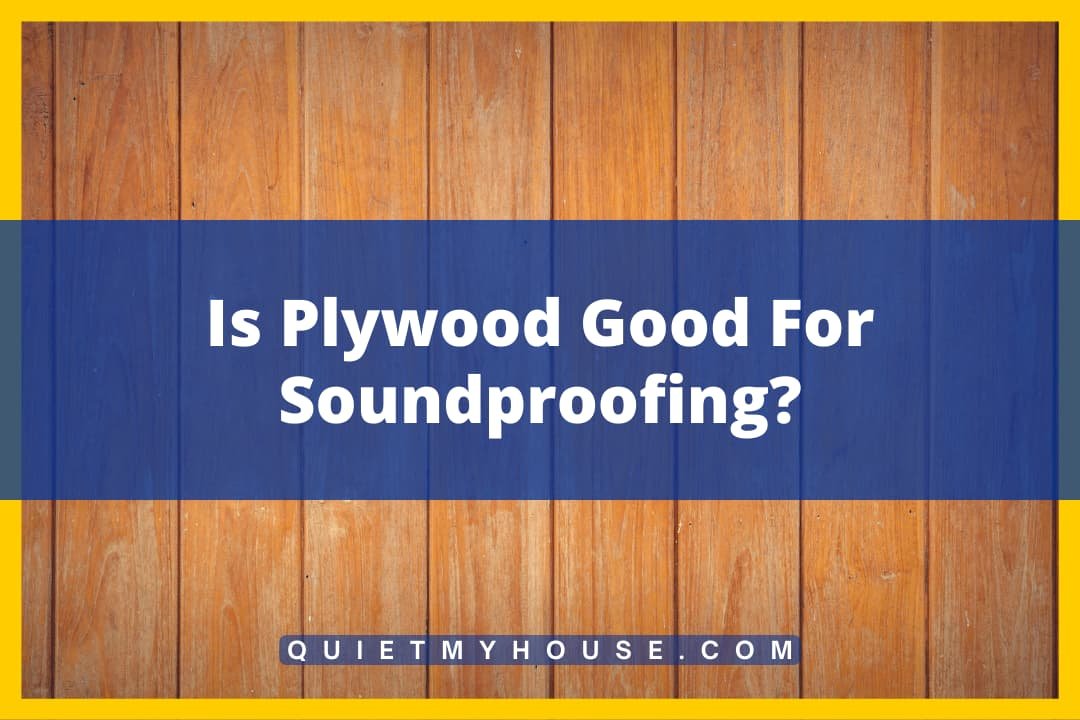If your HVAC vent return is making a loud swooshing or whistling noise, you’ve come to the right place. We’ll answer your questions as to why your HVAC return is so loud, what causes it to make this noise, and how to reduce this noise.
If an HVAC Return is loud, it’s likely due to dirty vents or ducts, the air filter needs to be replaced, the system or vents were improperly installed, or the system is in need of an upgrade. Luckily, there are several inexpensive ways to soundproof the whistling noise coming from HVAC vents.
To learn more about the HVAC Return system and our best vent soundproofing tips, continue reading.
Understand How the HVAC Return Works
Your HVAC (Heating, Ventilation, and Air Conditioning) Return system includes both the vents and ducts that circulate air through your home. Return vents pull air from the room and through this circulation system, whereas supply vents release air into your room.
Usually, supply vents are on the ceiling or on the floor, whereas return vents are often found on the wall. You can tell what each vent classifies as by feeling the airflow coming from the vent. If, when opened, you can feel air blowing out, your vent is a supply vent.
If you don’t feel any air blowing or the flow is coming in towards the vent, it is a return vent. We will be focusing on return vents in this article.
First, Investigate Any Restriction in the Airflow
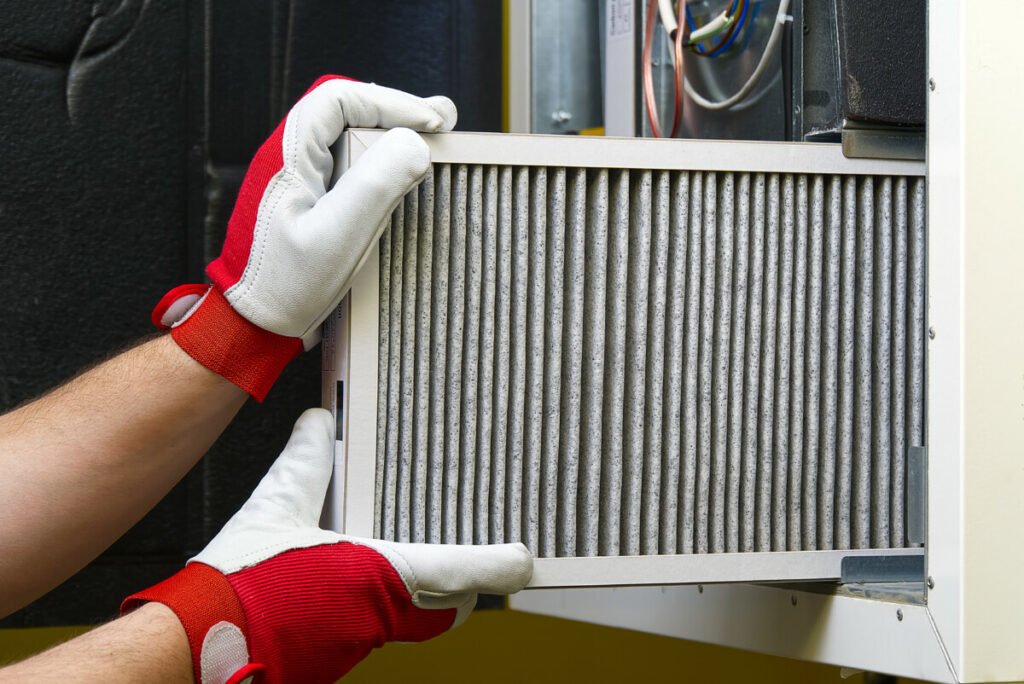
Before you make any installations or call your HVAC technician, you can investigate whether the sound problem is caused by a restriction in the airflow due to dirty air vents or ducts, an old air filter, improper installation, or improper vent size.
The very first thing to do is to make sure your air vent is clean. More often than not, this quick and simple fix is the solution to the loud noise coming from your return vent.
Clean the air vents and ducts
Oftentimes, dust and debris can collect on the metal prongs of your return vent, restricting airflow and creating a strange noise from the vent.
You should clean this vent regularly in your routine cleaning, ensuring that dust doesn’t build up over time, but if your vent is dirty and you’re hearing a noise coming from it, often the solution is to clean all this dust off.
You can dust your vent with a microfiber cloth or feather duster, but if you want to ensure that it gets cleaned thoroughly, you can use a detail duster to get in between each metal prong.
If any dust particles stick to your vent, you can wipe it down using a multi-surface spray cleaner and a wet washcloth.
You can also clean the inside of your return duct by removing the vent (either by releasing the lock or unscrewing a few screws), then going over the surface of the walls with a feather duster.
Replace the air filter
If this doesn’t get rid of the whistling noise, or if you notice that your air filter is covered in dust and debris while cleaning your air vent or ducts, your next step would be to replace the air filter.
These should be replaced regularly but they often get neglected by homeowners who forget about their importance. You can purchase a new air filter depending on the size from Amazon or at your local department store.
Ensure proper installation
Sometimes the air vent or duct was installed in your home improperly, which creates this loud noise. Sometimes, the part on the air vent that keeps the vent open is damaged, or your vent is not the right size for the opening, if you notice this is the issue, your solution may be to purchase a new vent of the correct size.
An improperly sized air vent can create restricted air flow or too much airflow into your HVAC system.
Sometimes the ductwork that carries the air through your home was improperly installed. If you suspect this is the issue, or you notice something is off (misaligned ducts, missing bolts, cracks, damages, etc.)
when investigating your air ducts, your best bet is to call a professional HVAC technician to further investigate and resolve the issue for you.
Install Vent Duct Liners or Flexible Ducts
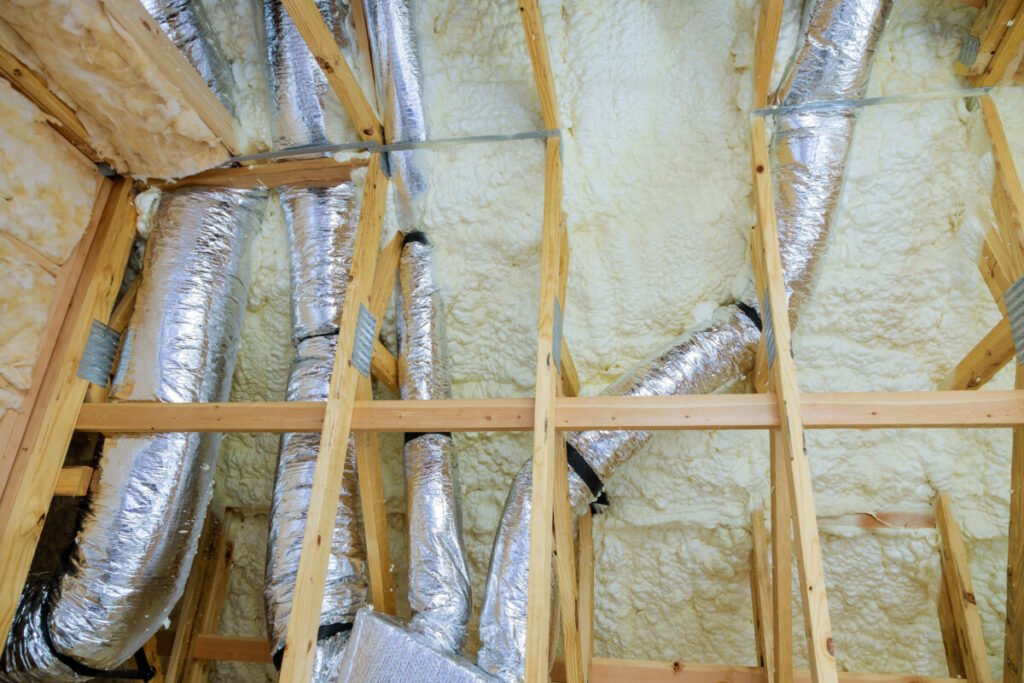
If through your investigation and the above trial-and-error process you notice that the noise issue is not caused by improper or restricted airflow, another solution is to line your vent ducts with vent duct liners or install flexible ducts into your vents.
Duct liners can be wrapped around the outside of your vent ducts to help insulate your vents and prevent the vibrating sound from coming from the inside of the vent. You can find affordable rolls of duct liners online.
You can also install flexible ducts inside your air vents, which help absorb the sound and reduces sound by creating bends in the ducts rather than sharp turns and helps to reduce sound coming from leaks in your air ducts. Amazon sells a great flexible duct that has extra insulation for sound as well!
Install Sound Insulating Soffits
Sound-insulating soffits are often used in home movie theatres or music studios to help absorb sound and prevent the sound from disturbing others outside the room where the sound is coming from. Soffits can be installed on the walls of your air vent to help reduce sound coming from your return vent.
Attach Foam Panels to the Ceiling and Floor of the Duct
A simple and easy way to reduce sound coming from your return vent is to attach foam board panels to the ceiling and floor of your duct. This is called the baffle design.
You can simply attach one hanging from the ceiling and one standing up from your floor behind it directly on the inside of your HVAC return vent. This will create a barrier and maze-like passage for sound to travel through the vent, thus reducing the sound of air.
If you choose to use this insulation method you will want to follow the illustration provided on the online HVAC forum.
Replace the Old HVAC System With the New System
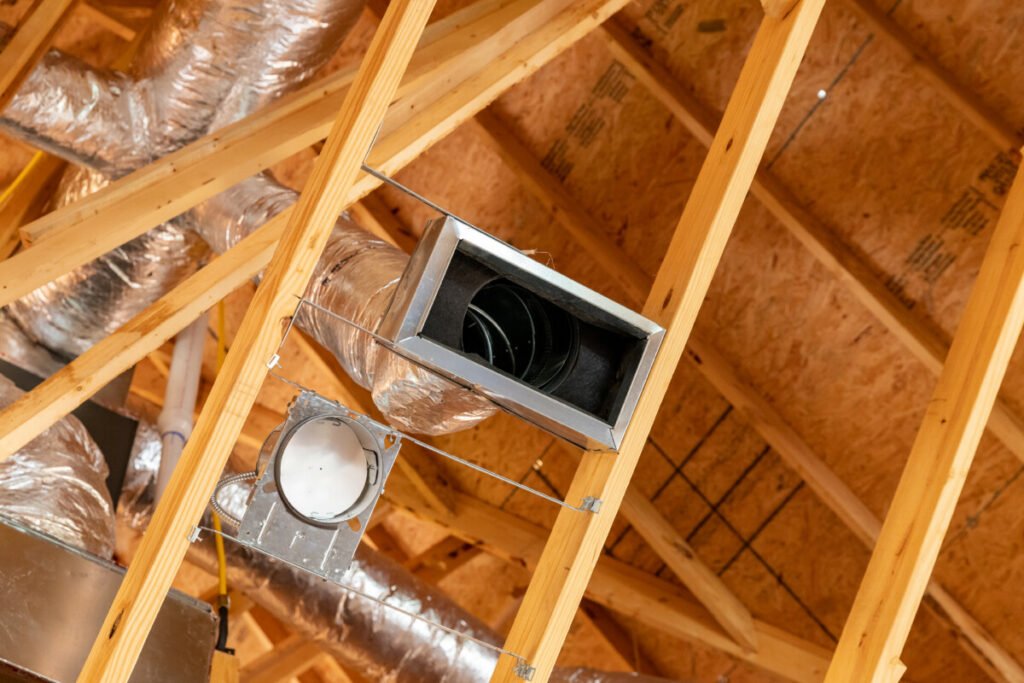
Sometimes your HVAC system circulating air through your home is simply just too old. Modern HVAC systems have upgraded to quiet technology unlike the older systems that require more power, and new systems won’t be all worn out like your old system.
Think of it like an old computer; your old computer, when running, is going to make a lot more noise than your friend’s brand-new laptop, simply because it’s made with quieter technology.
The same is true for your HVAC system, and sometimes the solution to all that noise is simply to replace it with a new and modern system.
Call a Professional
If you’re ready to upgrade your HVAC system, these fixes aren’t making much of a difference, or you simply don’t have the time or confidence to install perform these fixes or install insulation, you may want to just call a professional HVAC technician to fix the sound issue.
They will investigate where the problem is coming from and perform a fix or insulation, all while you go about your day.

